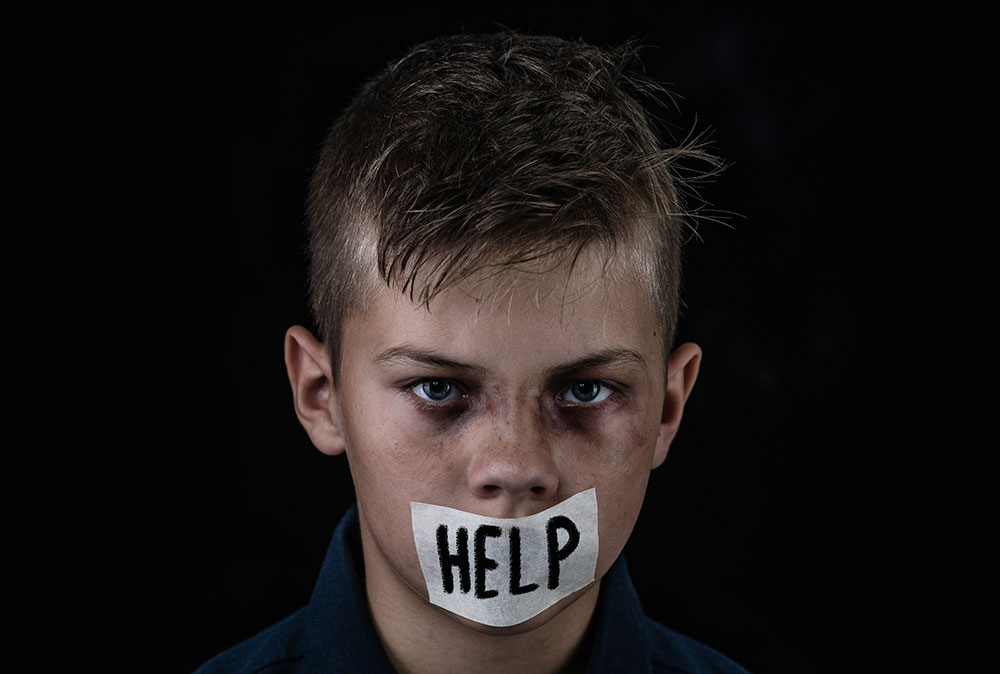
St. George International School discriminates against boys simply for being boys
17 November, 2021
Madrid British Council Concentration Camp
9 December, 2021
7 December, 2022
An alternative approach to the Covid circus confinements
“Current lockdown policies are producing devastating effects on short and long-term public health. The results (to name a few) include lower childhood vaccination rates, worsening cardiovascular disease outcomes, fewer cancer screenings and deteriorating mental health – leading to greater excess mortality in years to come, with the working class and younger members of society carrying the heaviest burden.”
The above sentence is taken from the Great Barrington Declaration, a document named after the small town in Massachusetts where it was signed by a group of expert epidemiologists on October 4th, 2020. From a liberal point of view, the Declaration advocates intense protection from covid for the most vulnerable groups (the elderly, the immunocompromised, etc.) and a return to normality for everyone else. This planning, which is reasonable and backed by the signatories' experience in epidemic control, would enable the least at-risk group to develop an immune response that would prevent the spread of the virus and protect the weakest. All of this without the need for fierce confinement or "social distance". The document stresses the "multigenerational" approach to the crisis, offering each member of the family the relevant help and facilitating socialization, and the special defense of children. This is what they call "focused protection". However, one of the main reasons why the population has fallen ill during the forced confinements has been the impossibility of accessing proper health care.

Dr. Martin Kulldorff, professor of medicine at Harvard University, a biostatistician, and epidemiologist with expertise in detecting and monitoring infectious disease outbreaks and vaccine safety evaluations.
Dr. Sunetra Gupta, professor at Oxford University, an epidemiologist with expertise in immunology, vaccine development, and mathematical modeling of infectious diseases.
Sunetra Gupta of Oxford University, Jay Bhattacharya of Stanford University and Martin Kulldorff of Harvard University spearheaded the development of this internationally oriented essay, which was sponsored by the American Institute for Economic Research. From a humanitarian perspective, the text aims to draw attention to how anti-covid strategies have been a failure and have forced children and the lower strata of society to bear the brunt of the burden. So far, Great Barrington's support platform has received 870,000 signatures from all corners of the globe.
As indicated by the experts on the website hosting the Declaration, confinements do not reduce the number of cases in the long term and have never in history served to eradicate a disease. The only thing they achieve is to reduce the short-term indicators in exchange for an enormous social cost. The damage to citizens' mental health is multiplied in proportion to the duration of isolation. According to research published last August, one of every four Americans had suicidal thoughts caused by the harsh stay-at-home orders of 2020. In the case of children, it is indisputable that their need to interact with peers as part of their growth is vital, a right that is curtailed by the closing of schools and the imposition of distance learning, coupled with the trauma of having to remain at home for long periods of time. If classes are not closed because of the common flu, they should not be closed because of covid. On the other hand, the declarants emphasize how the already punished working class suffers the consequences of not being able to work remotely and is being exposed to the virus on a daily basis. Combined with the aforementioned school closures and work-life balance problems, this creates a deadly cocktail. In developing countries, absurd policies based on restrictions have thrown thousands of children into misery every month and caused large numbers of people to die from untreated diseases such as tuberculosis.
This new and certainly much more compassionate view has however had its share of disapprovals. For example, Stephen Griffin, professor at the Faculty of Medicine of the University of Leeds in the United Kingdom, maintains that there is a hint of injustice in this proposal and advocates for a less diversified protection. Tedros Adhanom, general manager of the WHO, has also condemned the postulates of the manifesto, although he has encountered opposition from within the organization itself. David Nabarro, special advisor to the WHO secretary general on the pandemic, argues that lockdowns are only justified in a country "to buy time, to reorganize, regroup and rebalance its resources" and to protect its workers in the health industry. He underlines that the general lock downs have collapsed the economy and announces that the levels of poverty and child malnutrition will double in a year, understanding that the blockades fundamentally harm the poor, and thus agrees with the precepts of Great Barrington. As an alternative, Nabarro advocates acting quickly in the face of outbreaks through local containment and "localized and targeted movement restrictions".
The Great Barrington Declaration is a courageous initiative that, like all revolutionary ideas, comes under attack from reactionaries. Sunetra Gupta and her colleagues do not lose hope for a less pessimistic reality. The scientist sums it up well when she states: "Quarantine is not a supportive response because there are so many people who cannot sustain such a strategy".





